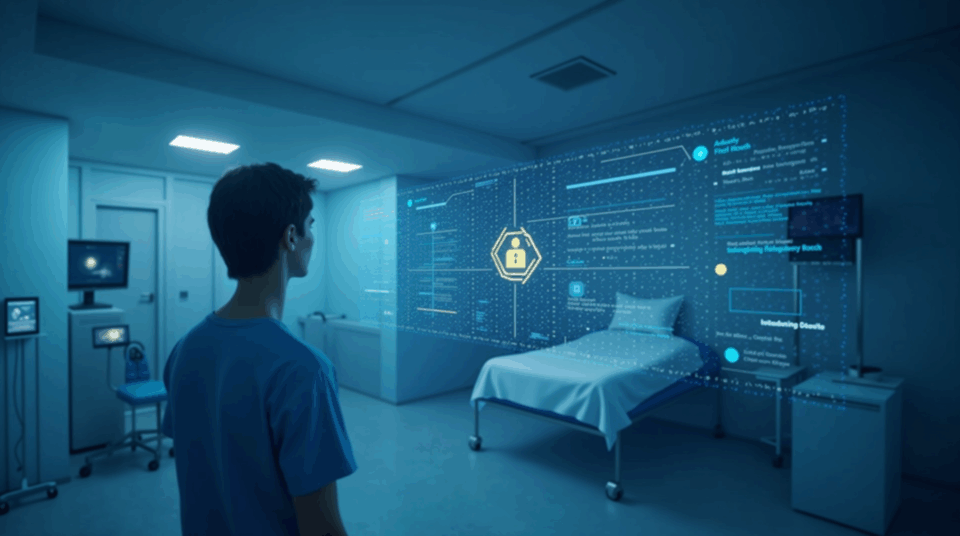Samsung and the startup Galeon are training healthcare AI models through a decentralized architecture that links medical devices and hospital data. The initiative involves medical equipment providers and AI developers, addressing data privacy and on-chain traceability. The goal is to reduce data silos, ease compliance, and speed personalized diagnostics and treatments.
Samsung’s ultrasound scanners connect directly to AI workflows, while Galeon’s decentralized EHR platform already serves 18 linked hospitals, including Rouen University Hospital and Caen University Hospital. The platform runs an automatic billing AI, an automatic consultation summary, and a speech-to-text system, with each tool training on anonymized data from Samsung devices and other sources to accelerate clinical insights.
The architecture relies on a consortium blockchain alongside Blockchain Swarm Learning (BSL). Models train on local servers, and only model updates travel between centers while raw data stays behind. Blockchain Swarm Learning enables decentralized training across nodes while keeping data local and sharing only model updates, preserving privacy and supporting compliance.
This tool’s benefits
The collaboration promises privacy, on-chain traceability, and tokenized incentives, yet it faces operational and regulatory hurdles as it scales.
The next operational goal is to scale Samsung ultrasound integration and grow beyond 18 hospitals. Success hinges on interoperability tests, clinical acceptance, and steady regulatory compliance, positioning the network to deliver faster, privacy-preserving personalized care if it overcomes governance and scalability challenges.

